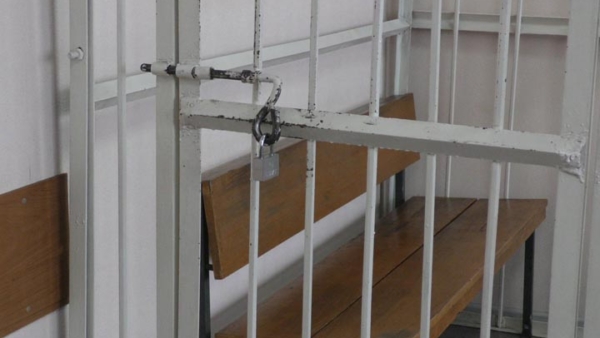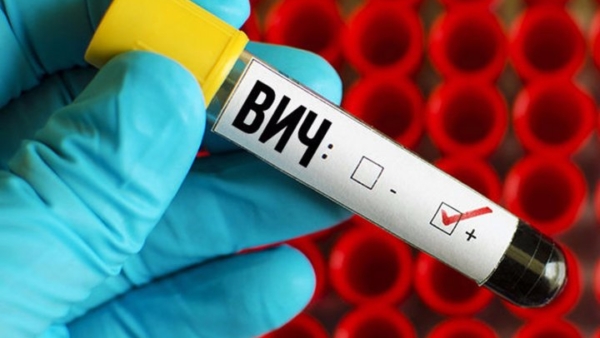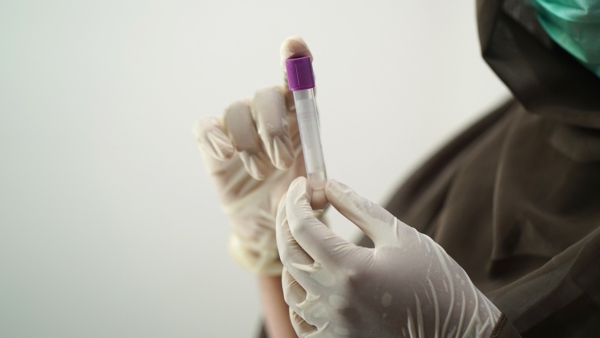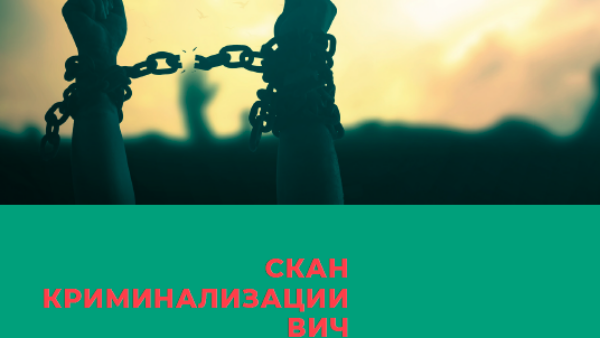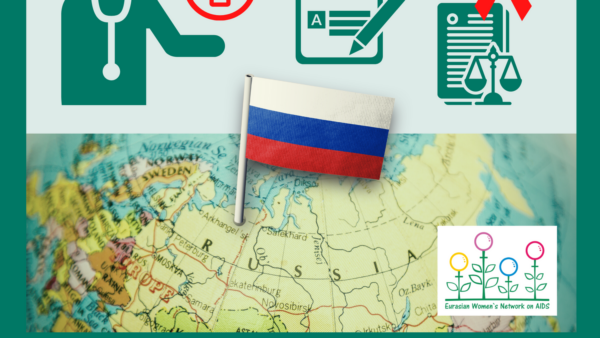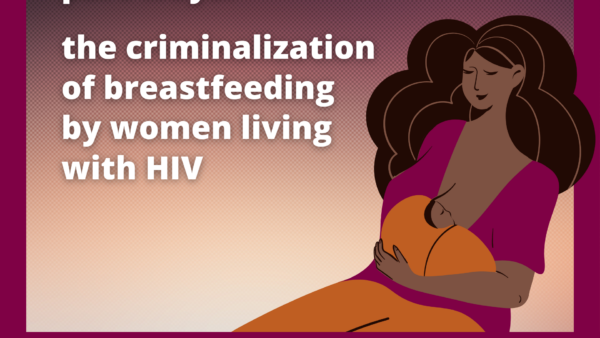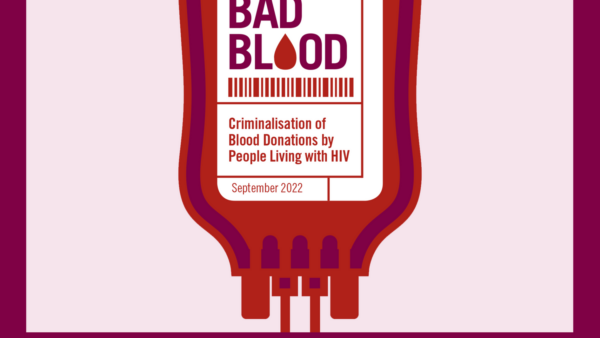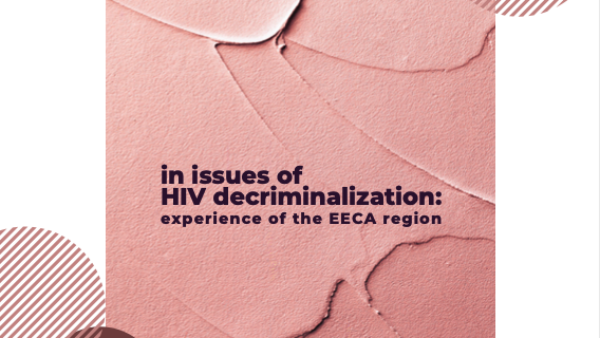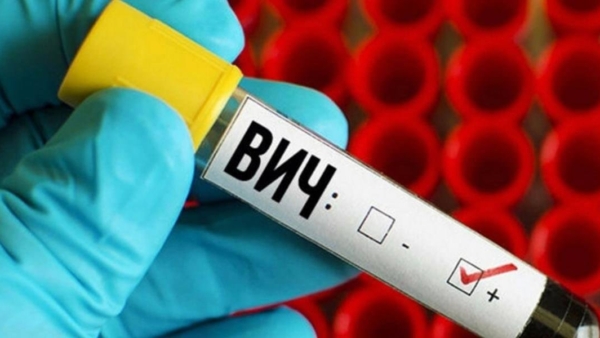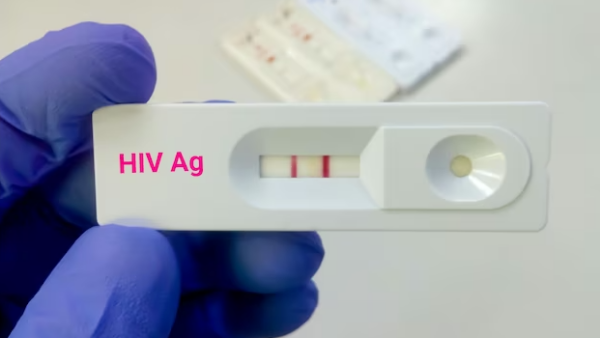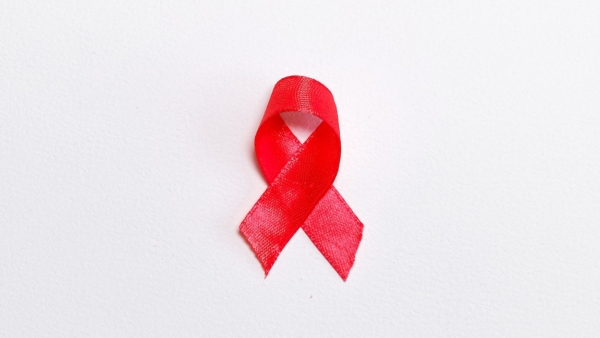Overview
Russia criminalises HIV ‘exposure’ and non-disclosure broadly and without significant safeguards. It is one of the major hotspots of global HIV criminalisation, convicting well over 1000 people, often for conduct which poses no risk of transmission. The offence criminalising HIV ‘exposure’ was introduced into the Russian Criminal Code in 1996 (under Article 122). HIV non-disclosure is also addressed in Article 6.1 of the Administrative Code.
The offences listed under Article 122 do not require an intention to transmit HIV or even to cause harm, and proof of transmission is not required; simply knowing one’s HIV-positive status and/or engaging in actions that ostensibly may put another person at risk of infection are punishable, however Russia does not formally recognise the principle of ‘undetectable=untransmittable’, meaning that adherence to antiretroviral therapy is not considered relevant to prosecution. Part 1 of the offence criminalises ‘putting another at risk of HIV’ (or HIV ‘exposure’) with sentences including restriction of liberty for up to three years, compulsory labour for up to a year, arrest for up to six months, or deprivation of liberty for up to one year. Many reported cases are charged under this part of the offence as they relate only to alleged ‘exposure’, however if transmission is alleged to have occurred, Part 2 imposes a sentence of depravation of liberty for up to five years. Importantly, Article 122 was amended in 2003 to preclude prosecution under Parts 1 and 2 if a partner was aware of the person’s HIV-positive status and consented to the act.
Part 3 governs aggravated offences, namely if there is more than one complainant or if the complainant is a minor. In these cases, sentences increase to up to eight years’ deprivation of liberty, with the possibility of a ban on certain activities or professions for up to ten years. For example, a case reported in September 2023 involved a man being accused of causing HIV transmission to four people, three women and a male partner of one, after having unprotected sex without disclosing his status.
Although Article 122 does not specify what type of conduct is criminalised, case law demonstrates that its application is broad and is not limited to sexual activity. For instance, in a 2019 case a woman living with HIV was charged after giving a blood donation without disclosing her status. The outcome of the case is not known (see our report, Bad Blood, for a global analysis of the criminalisation of blood donations). In another case in June 2020, prosecutors charged a woman accused of breastfeeding her newborn child in a St Petersburg maternity hospital, although these were dropped after an expert psychologist confirmed that the woman had been in denial about having HIV.
Although the input of the alleged victim is not required for prosecution, in at least one case a request by a sexual partner to drop criminal charges against an accused has been successful. In cases reported in May 2023 and in June 2024, criminal charges were dropped following formal mediation between the partner living with HIV and the person allegedly ‘exposed’ to HIV. As the reports of these cases are limited, it is not clear whether other facts may have contributed to these charges being dropped or whether the partner’s desire not to prosecute was decisive.
Federal agencies have also exercised their power to override investigative decisions by regional authorities in at least one HIV case. In this case in July 2023, the Investigative Committee of Russia instructed the Investigative Committee of the Republic of Tatarstan to review an alleged case of HIV transmission in the Republic. The case had previously been dropped due to lack of evidence, however following the claimant’s appeal to the federal committee, the case was reopened.
Part 4 of the law also criminalises HIV ‘exposure’ caused by ‘improper performance of professional duties’. There have been reports of medical professionals being prosecuted for apparent medical negligence under this part of the offence in concerning circumstances. In February 2020 a senior nurse in Budennovsk was prosecuted for negligence after five patients allegedly acquired HIV in the hospital in which she worked, although she never touched any of the equipment (syringes or catheters) in question. Prosecutors allege that she alone was responsible for the safe use of equipment, ignoring any responsibilities of other staff, including doctors, or hospital management. The outcome of the case is not known. Another case in November 2022 resulted in a conviction and fine for a doctor accused of negligence after the death of a patient who had received a blood transfusion from a donor who allegedly failed to declare their HIV status. The prosecution centred on the fact the blood was not tested for HIV, but concerningly, the report suggests that this was due to funding not being made available for testing.
In addition, people living with HIV are required by law to register with the public health authorities. They also have a duty to inform health care workers and people close to them of their HIV status. Failure to do so can result in legal action initiated through Article 6.1 of the Administrative Code and an administrative fine. Since 2015, approximately 400 people are known to have been convicted under Article 6.1 for HIV non-disclosure.
People convicted may also be ordered to pay compensation to their alleged victims. For instance, in a case reported in December 2023, a man was ordered to pay 500,000 roubles (approximately 5,400 USD), together with his detention in a penal colony, after allegedly transmitting HIV to his partner who he did not inform of his status.
Other sexually transmitted infections are covered by Article 121 of the Criminal Code but prosecutions are rare: five were reported in 2017, and only one was reported in 2018.
Several studies have uncovered very high enforcement of the law. According to the EECA regional report produced for HIV JUSTICE WORLDWIDE by the Eurasian Women’s Network on AIDS (EWNA), from January 1997 to June 2017, 548 people living with HIV were convicted under Article 122. Updated data from the EWNA’s 2018-2022 Criminalisation Scan in Eastern Europe and Central Asia identified 1191 convictions from 1997 to June 2022, including 367 since 2018, around half of which related to exposure. A 2024 study of police data found 702 convictions under Article 122 since 2015. The Russian Interior Ministry reports that the police recorded 129 cases in 2017 and 130 in 2018. This data suggests a significant increase in prosecutions in recent years compared with the years following enactment of the law. Although many cases relate to sexual exposure or transmission, a worryingly high number of cases involve biting and breastfeeding.
Together with the high case numbers and the broad scope of the law, the way in which cases under Article 122 are tried is also cause for concern. Trials are heard behind closed doors and verdicts are almost never made publicly available. Medical evidence given by doctors which proves a lack of risk of transmission is routinely ignored and overruled by judges. Furthermore, the chances of acquittal are almost non-existent. A report from September 2021 suggested that there had been no acquittals under Article 122 in the previous three years and only one in five years, and a 2024 study found an acquittal rate of just 0.9% since 2015. Additionally, those convicted are sent to penal colonies and do not receive adequate treatment, further exacerbating the HIV epidemic in Russia.
A highly disturbing case reported in October 2023 demonstrates the perverse nature of the enforcement of HIV laws in Russia. In this case, a 13-year-old girl living with HIV was detained after police discovered that an 18-year-old man had sex with her. Although the report implies that the girl initiated the sexual activity, the girl was well below the age of consent in Russia, meaning that this would amount to rape. While the man was charged with ‘defilement of a girl’, the girl was detained for failing to disclose her HIV status prior to sex. It is not clear whether she was charged or released without further action.
In 2017, the Government set up a committee to explore removing Article 122, and to instead use Article 111 (grievous bodily harm) to prosecute HIV exposure and transmission. This would result in potentially longer prison sentences for those convicted. It could also allow for prosecutions relating to other ‘serious’ and ‘dangerous’ communicable diseases, which has the potential to greatly expand the use of criminal law against members of vulnerable populations in Russia that are disproportionately impacted by, for example, hepatitis and TB. Although the Government has since considered other laws relating to HIV – including mandating HIV treatment and criminalising HIV denialism – use of Article 122 continues to result in a very high number of unjust arrests, investigations and prosecutions.
In November 2023, the Ombudsman for Human Rights in the Novosibirsk Region made a proposal to introduce a law which would punish pregnant women living with HIV who refuse to receive treatment.
Russia is one of 19 countries which deports HIV-positive foreign nationals, though in recent years there have been attempts to reform this law. A bill was tabled in April 2021 to abolish mandatory deportation of those living with HIV, however this does not appear to have been enacted to date. Conversely, in early 2020, media reported that the Ministry of Internal Affairs had prepared a bill allowing the expulsion of migrants with ‘dangerous’ diseases, including the coronavirus and HIV. The bill was scheduled to be considered in May 2020, though it is not clear whether this bill was adopted.
Laws
Criminal Code of the Russian Federation
Article 122. HIV transmission
Part 1. Putting another person at risk of HIV infection is punishable by restriction of liberty for up to three years, or compulsory labour for up to one year, or arrest for up to six months, or deprivation of liberty for up to one year.
Part 2. Infection of another person with HIV by a person who knew that he or she had the disease shall be punishable by deprivation of liberty for up to five years.
Part 3. The act referred to in paragraph 2 of this article, committed against two or more persons or against a minor, shall be punishable by deprivation of liberty for up to 8 years, with or without deprivation of the right to hold certain posts or engage in certain activities for up to 10 years.
Part 4. Infection of another person with HIV as a result of the improper performance of a person’s professional duties shall be punishable by compulsory labour for up to five years with or without deprivation of the right to hold certain posts or engage in certain activities for up to three years, or by deprivation of liberty for up to five years with or without deprivation of the right to hold certain posts or engage in certain activities for up to three years.
Note: A person who has committed the acts provided for in paragraphs one or two of this article shall be exempt from criminal liability if the person exposed to the risk of infection has been informed in a timely manner about the presence of the infection and voluntarily consents to commit the acts that create the risk of infection.
Administrative Code of the Russian Federation
Article 6.1.
Concealment the source of infection with HIV, venereal disease and contacts that create the danger of infection: Concealment by a person who sick HIV, venereal disease, the source of infection, as well as information about the persons who had contacts with the specified person, creating a risk of contracting these diseases – is punished by an administrative fine in the amount of five hundred to one thousand roubles.
Further resources
Authors: Eurasian Women’s Network on AIDS (EWNA)
Regional HIV criminalisation report that summarises the state of play regarding HIV criminalisation laws and known prosecutions in the EECA region.
Authors: Eurasian Women’s Network on AIDS (EWNA)
Regional HIV criminalisation report that summarises the law and prosecution data in each country in the EECA region.
HIV Justice Network's Positive Destinations
Visit the Russian Federation page on Positive Destinations for information on regulations that restrict entry, stay, and residency based on HIV-positive status, as well as access to HIV treatment for non-nationals.
